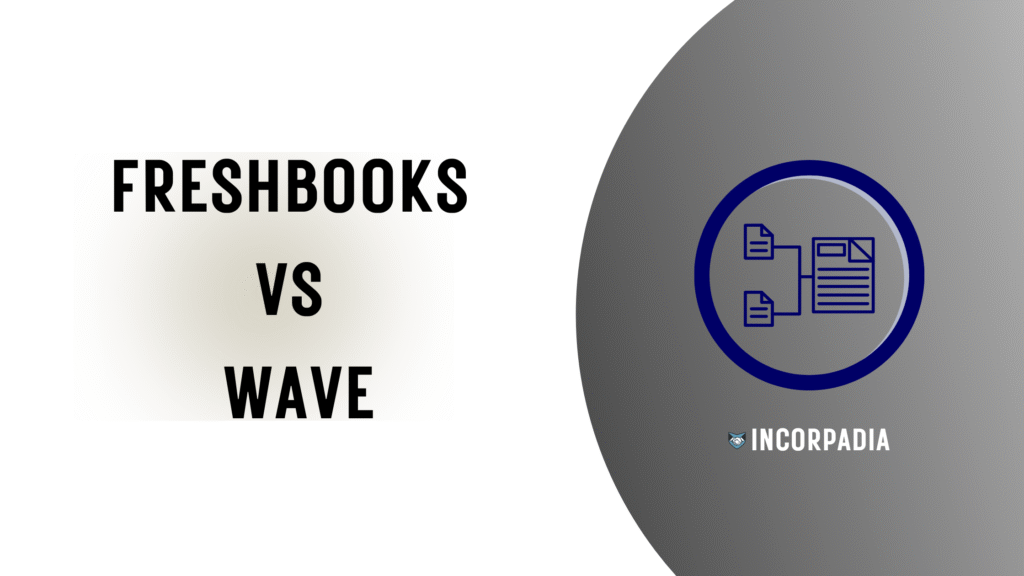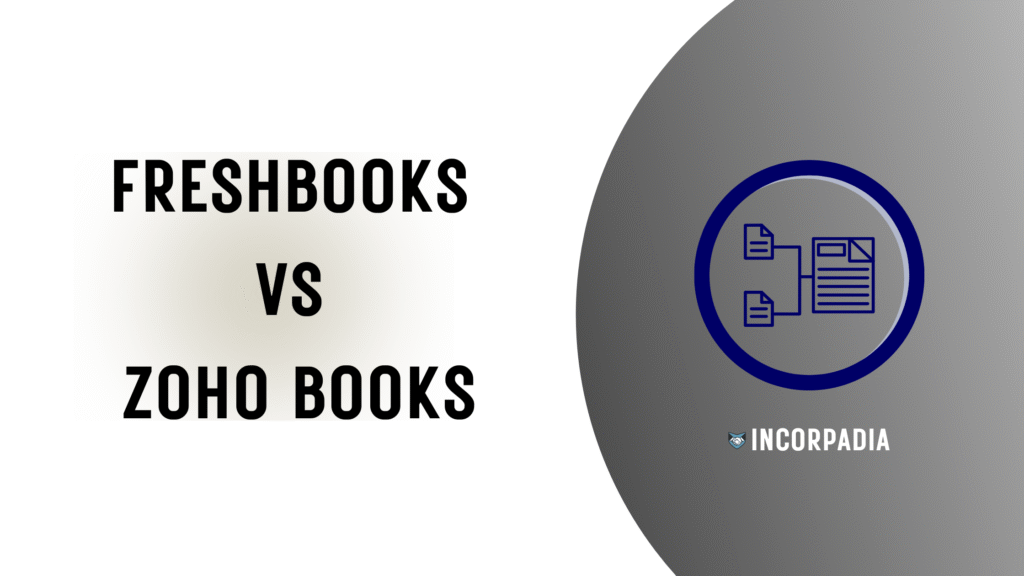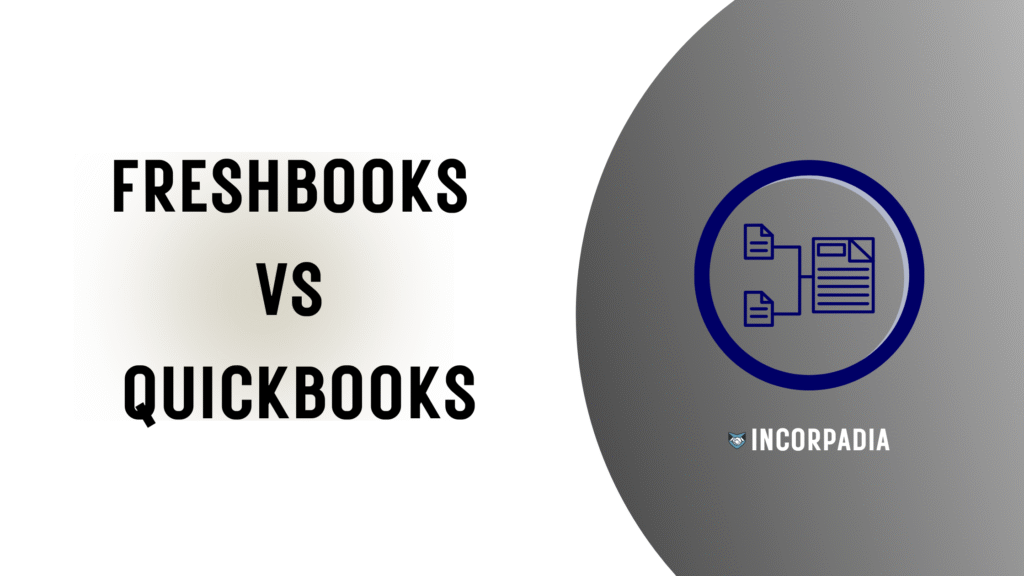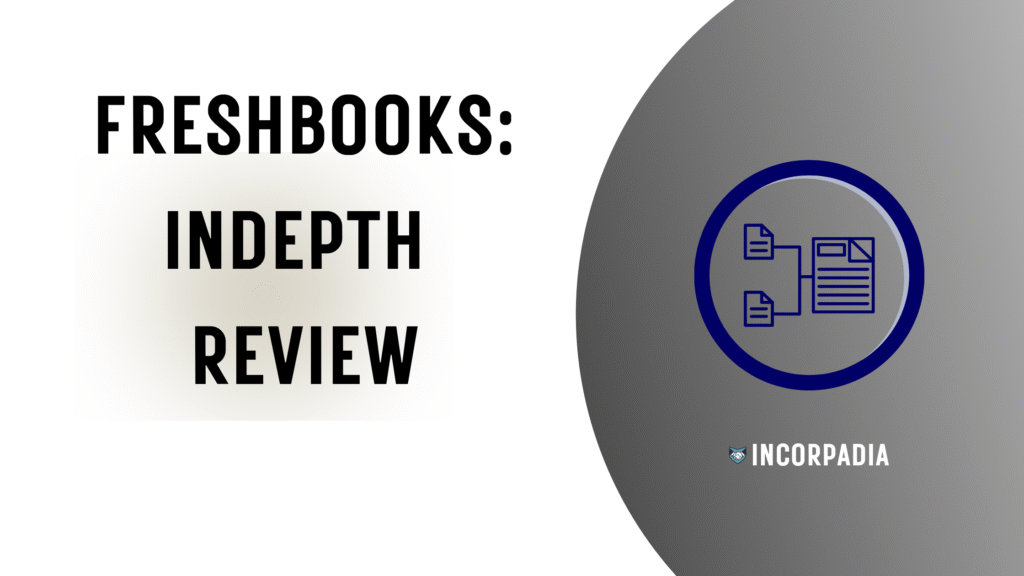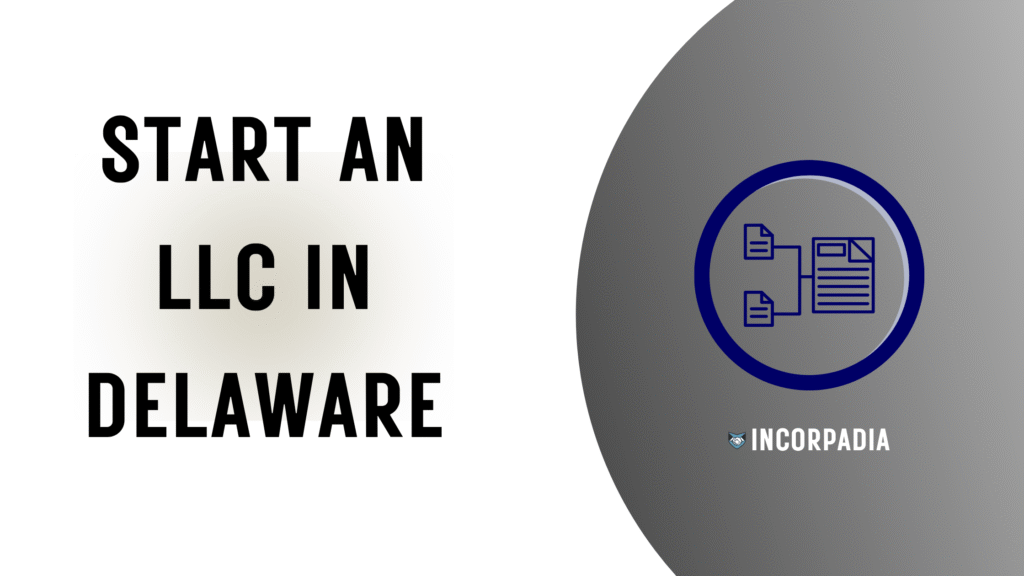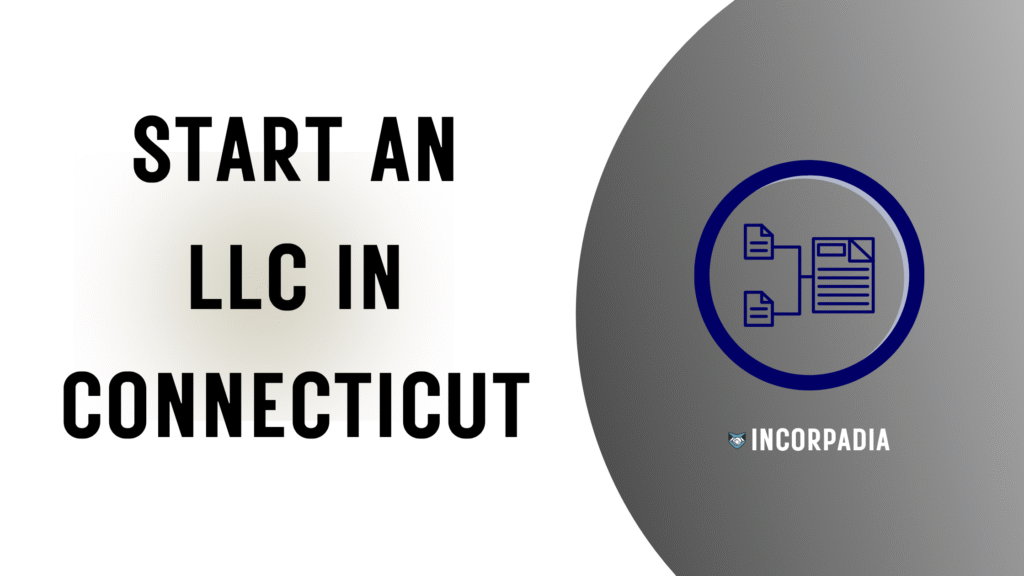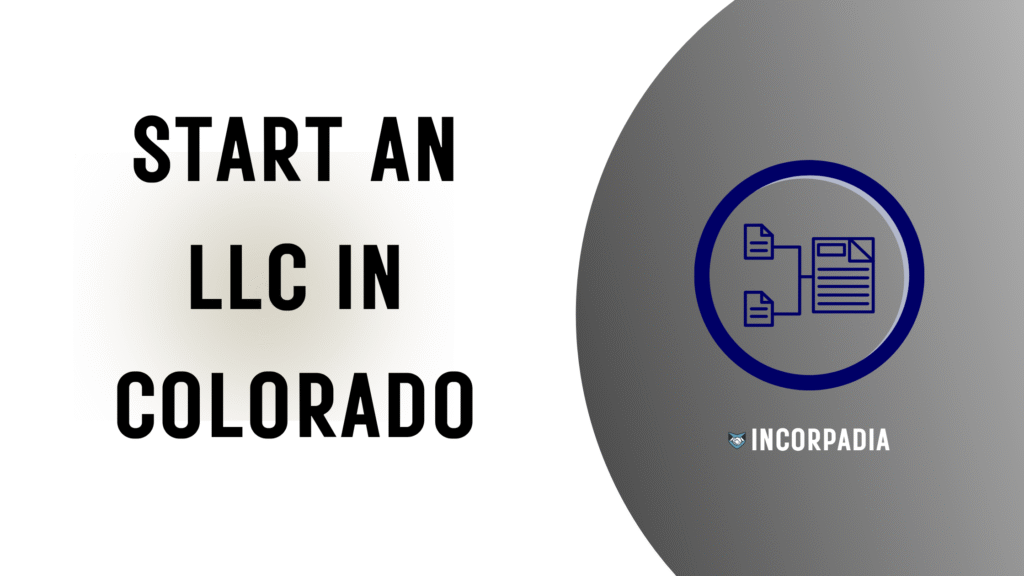Running a business today means keeping your finances in order while also making sure you’re not drowning in complicated spreadsheets. That’s why accounting software has become one of the most important tools for entrepreneurs, freelancers, and small business owners. Among the many names in this space, FreshBooks and Wave often come up as two of the top options.
On the surface, both look appealing. Wave is free, simple, and gets the basics done. FreshBooks, on the other hand, comes at a cost but offers a far richer set of features. The real question is: which one is right for you?
In this article, we’ll break down every key difference between FreshBooks and Wave—covering pricing, usability, features, integrations, scalability, and customer support. Step by step, you’ll see why FreshBooks is the better investment for anyone serious about building a sustainable, growing business.
FreshBooks Overview
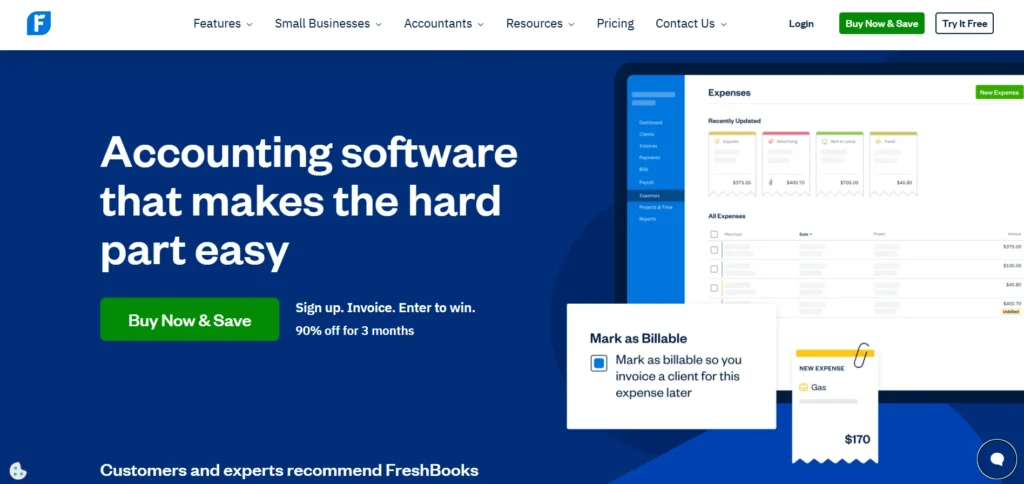
FreshBooks is a cloud-based accounting and invoicing software designed specifically for small business owners, freelancers, and service-based professionals who want to spend less time on paperwork and more time running their business. Founded in 2004, it has grown into one of the most trusted accounting platforms, known for combining professional-grade features with an easy-to-use interface.
The platform goes beyond simple bookkeeping. With FreshBooks, users can create and send professional invoices, track time on projects, manage expenses, and accept online payments—all from one place. Its built-in reporting tools give clear insights into cash flow, profits, and client activity, helping businesses make better financial decisions. FreshBooks also includes double-entry accounting for accuracy and compliance, as well as integrations with over 100 apps, from payment processors to e-commerce platforms.
One of its standout qualities is customer support. Unlike many accounting tools that rely heavily on self-service resources, FreshBooks provides responsive phone, email, and chat support, ensuring business owners get help when they need it most.
In short, FreshBooks is more than accounting software—it’s a complete financial management system that simplifies operations and scales with your business as it grows.
Wave Overview
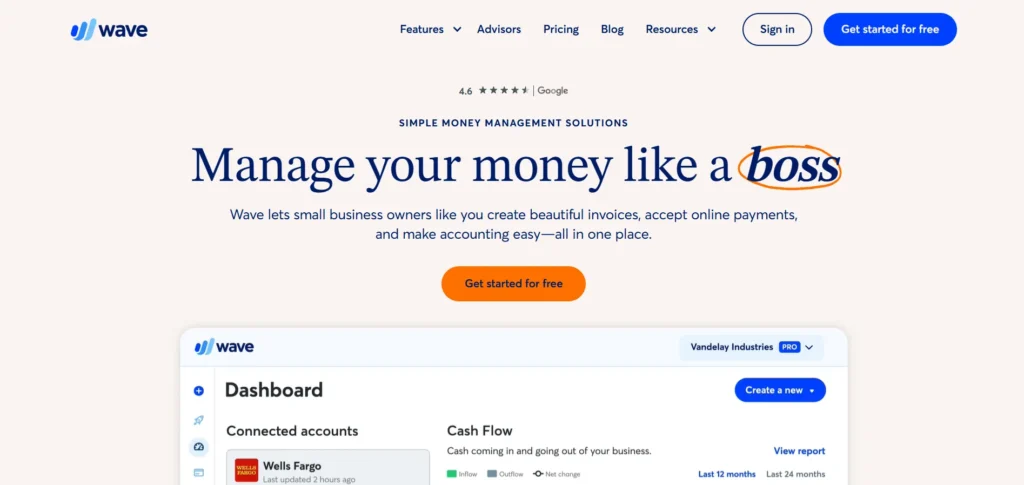
Wave is a free, cloud-based accounting software created in 2009 with the goal of making financial management more accessible to freelancers, solopreneurs, and very small businesses. Its biggest appeal is cost: the core features—accounting, invoicing, and receipt scanning—are available at no charge, making it a popular entry point for people who are just starting out or running lean operations.
Wave’s invoicing tools are simple but effective, allowing users to create unlimited invoices, set up recurring billing, and accept payments online. Its accounting features include income and expense tracking, sales tax management, and basic reporting. For additional needs like payroll or advanced bookkeeping support, users can purchase paid add-ons.
The platform has a clean and straightforward interface, which makes it easy for beginners to get started without needing an accounting background. However, its simplicity is also its limitation. Wave lacks advanced project management, built-in time tracking, and a wide range of integrations that growing businesses often require. Customer support for the free version is limited, leaving many users reliant on help articles and forums.
In essence, Wave is best suited for individuals and very small businesses who need basic, no-cost accounting software but don’t require advanced tools or scalability.
1. Who They Are Designed For
Wave: For Beginners and Side Hustlers
Wave appeals most to freelancers or small side hustles that want free invoicing and bookkeeping without worrying about monthly costs. It’s an attractive choice for someone just starting out with a handful of clients. However, as soon as the business grows, Wave shows its limits. The lack of advanced project management, time tracking, and integrations make it feel like a stepping stone rather than a long-term solution.
FreshBooks: Built for Growth
FreshBooks is made for businesses that want to grow beyond the early stage. Whether you’re a solo freelancer, a creative professional, or a small agency, FreshBooks has a plan that scales with you. It’s not just about accounting—it’s about managing projects, billing clients, automating workflows, and even collaborating with teams.
Winner: FreshBooks. While Wave gets beginners started, FreshBooks supports your journey from freelancer to full-fledged business owner.
2. Ease of Use
Wave: Basic but Limited
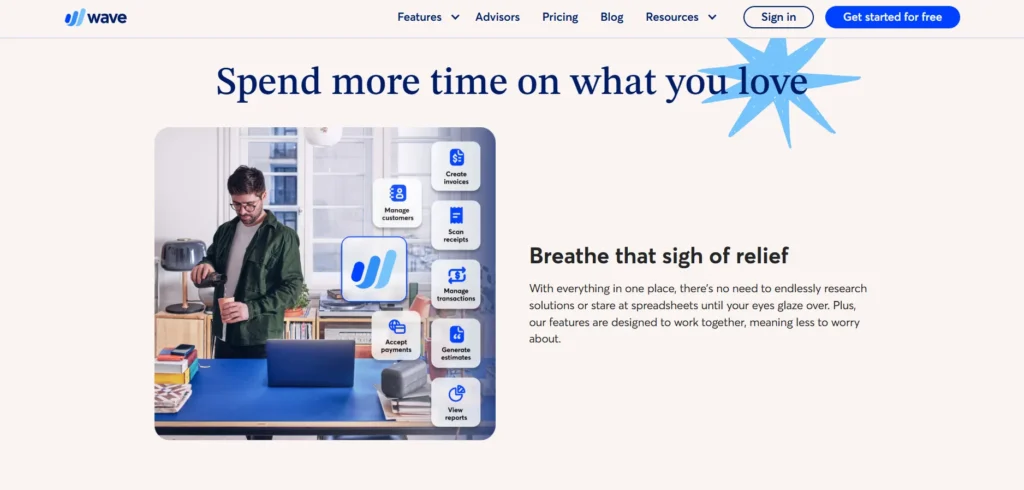
Wave is relatively straightforward. Its dashboard is clean, and the free nature means you don’t get overloaded with options. That said, the simplicity can also feel restrictive. The lack of guided workflows and customization means you’ll eventually hit a wall, especially when handling more complex financial tasks.
FreshBooks: Simple but Sophisticated
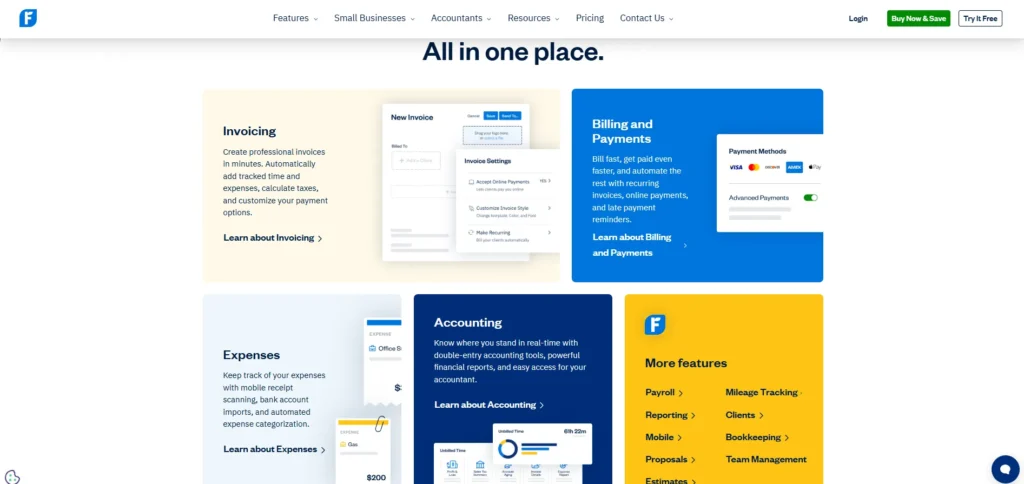
FreshBooks is widely praised for its intuitive design. Even if you’re not an accountant, you’ll find the platform approachable. Guided workflows walk you through invoicing, expense tracking, or setting up recurring payments. The mobile app is equally polished, making it easy to handle business finances on the go.
Winner: FreshBooks. Ease of use should not mean lack of power, and FreshBooks strikes the perfect balance.
3. Features
This is where the gap between the two tools really widens.
Invoicing
- Wave: Offers unlimited invoicing for free. You can customize invoices, set recurring bills, and accept online payments.
- FreshBooks: Goes much further. You can create highly customizable invoices, add tracked time and expenses directly, apply late fees automatically, and set up retainers for long-term clients.
Winner: FreshBooks. Professional invoicing that saves time and avoids missed payments.
Time Tracking
- Wave: Doesn’t include time tracking at all.
- FreshBooks: Time tracking is built in. You can log hours, attach them to specific projects, and bill clients accurately.
Winner: FreshBooks. For freelancers and agencies, time tracking is essential.
Expense and Receipt Management
- Wave: Lets you record expenses, but receipt scanning requires an upgrade.
- FreshBooks: Provides expense tracking with mobile receipt capture included, syncing with your bank accounts seamlessly.
Winner: FreshBooks. Quicker, smarter, and more complete.
Project Management
- Wave: None.
- FreshBooks: Includes project collaboration tools, letting teams share files, track deadlines, and assign tasks.
Winner: FreshBooks. Wave doesn’t even play in this space.
Reporting and Accounting
- Wave: Offers standard reports like income, expenses, and sales tax.
- FreshBooks: Delivers deeper reports, profit-and-loss tracking, accounts aging, expense summaries, and double-entry accounting for higher accuracy.
Winner: FreshBooks. Better insights mean better decisions.
4. Integrations
Wave
Wave integrates mostly with its own services. If you want broader app connections, you’ll need to rely on Zapier, which adds complexity and cost.
FreshBooks
FreshBooks integrates with over 100 third-party apps, including PayPal, Shopify, Gusto, Stripe, and Slack. That means it can fit seamlessly into whatever ecosystem you’re already using.
Winner: FreshBooks. Direct integrations save time and reduce friction.
5. Pricing
This is the one area where Wave seems unbeatable at first glance—it’s free. FreshBooks starts at a monthly subscription. But price alone doesn’t equal value.
Wave: The “Free” Trap
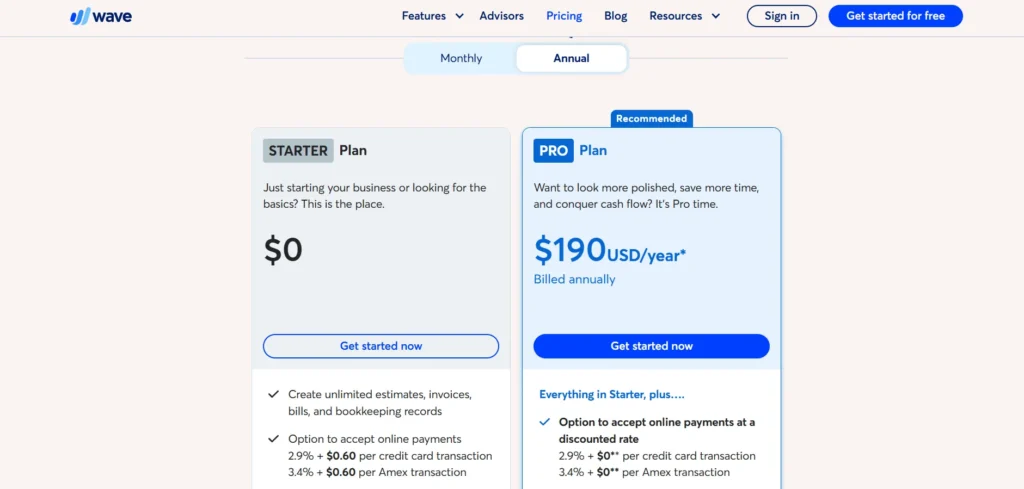
Wave’s free features are useful at the start, but as soon as you need payroll, advanced reporting, or additional support, the costs stack up. Its payroll feature, for example, can run you significant additional fees. Plus, you’re left without scalability.
FreshBooks: Affordable Value
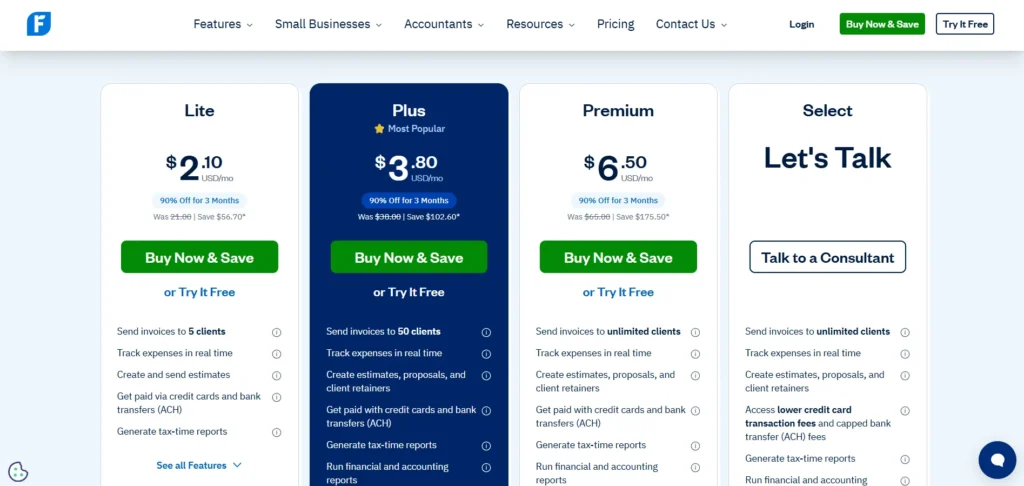
FreshBooks Lite starts at around $20 per month, with higher tiers offering more advanced features. While it isn’t free, what you get for the price—automations, integrations, real support, project tools—makes it a business investment, not an expense.
Winner: FreshBooks. Free is attractive, but real value comes from what you gain, not just what you save.
6. Customer Support
Wave
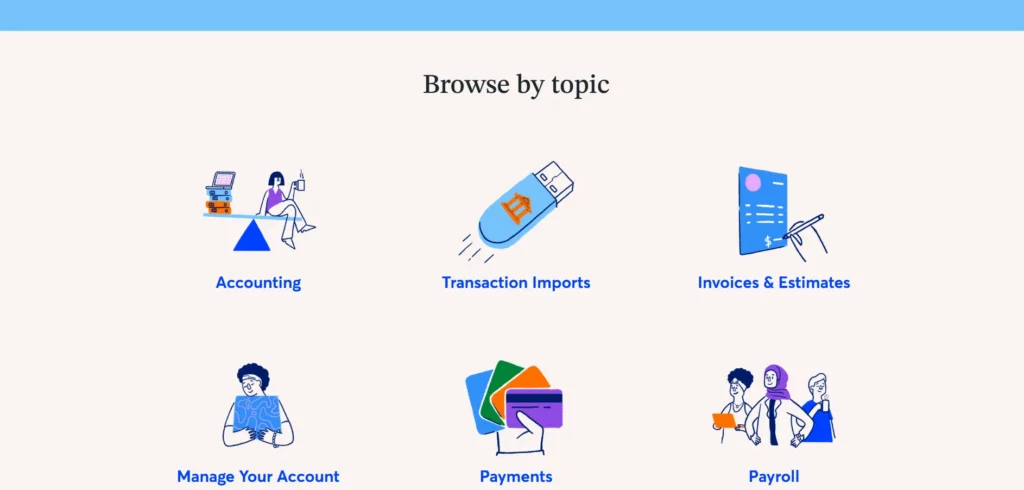
Wave users on the free plan are limited to self-service help centers and community forums. Direct support requires purchasing add-ons.
FreshBooks
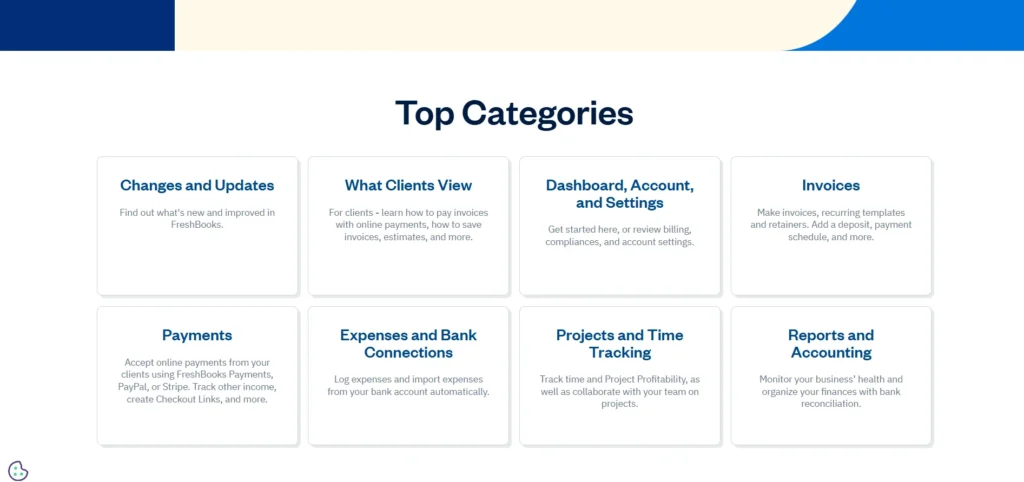
FreshBooks provides customer support through phone, email, and live chat—even on its lower plans. The team is responsive and committed to helping users solve problems quickly.
Winner: FreshBooks. When your finances are at stake, access to real humans matters.
7. Reliability and Stability
Wave
Wave has had issues with its payroll system in the past, particularly for U.S. users. The free nature also means slower updates and occasional limitations in functionality.
FreshBooks
FreshBooks has been a reliable name since 2004. Its platform is consistently updated, secure, and widely trusted by growing businesses.
Winner: FreshBooks. Proven reliability and stability make it a safer long-term bet.
8. Scalability
Wave
You can’t grow far with Wave. It lacks project management, payroll integration in some regions, and serious reporting features. Once your business expands, you’ll likely need to migrate.
FreshBooks
FreshBooks offers multiple pricing tiers, each unlocking more features. It grows with you, whether you’re a solo consultant today or running a 10-person agency tomorrow.
Winner: FreshBooks. Long-term scalability without switching platforms.
9. Real User Feedback
When comparing real reviews, a pattern emerges:
- Users praise FreshBooks for its ease of use, accuracy in expense tracking, and excellent customer service.
- Wave users often express gratitude for the free plan but frustration when they hit feature walls.
Many small business owners who started on Wave eventually move to FreshBooks once they outgrow the basics.
Winner: FreshBooks. User experiences confirm what the features already prove.
10. Final Verdict
When comparing FreshBooks and Wave, the differences go far beyond cost. Wave is appealing because it’s free and simple, making it useful for freelancers or side hustlers who only need the basics. But when you look at what businesses truly need—scalability, accurate accounting, advanced invoicing, reliable support, and the ability to integrate with other tools—Wave quickly reaches its limits.
FreshBooks, on the other hand, is built to grow with you. It doesn’t just manage invoices and expenses; it offers time tracking, project management, automated reminders, double-entry accounting, and in-depth reporting that help you run a business efficiently.
Its wide range of integrations means it fits into your existing workflow, whether that’s e-commerce, payroll, or CRM tools. And when you need help, you can reach an actual support team instead of being left to search forums or self-service articles.
In today’s business environment, time and accuracy matter more than ever. FreshBooks gives you the confidence that your financial management is not just handled, but optimized. The investment you make in FreshBooks pays back in saved hours, fewer errors, and a professional edge when dealing with clients.
Wave is fine if you’re testing the waters, but if you want to take your business seriously and prepare for growth, FreshBooks is the software to choose—now and for the long run.
FAQs
Is Wave really free?
Yes, Wave’s core features are free, but advanced services like payroll cost extra.
Does FreshBooks offer time tracking?
Yes, FreshBooks includes built-in time tracking and project management tools.
Which is better for growing businesses, FreshBooks or Wave?
FreshBooks is better because it scales with advanced features and integrations.
Can Wave integrate with many third-party apps?
No, Wave’s integrations are limited compared to FreshBooks.
Why should I pay for FreshBooks when Wave is free?
Because FreshBooks saves time, offers full support, and grows with your business.

